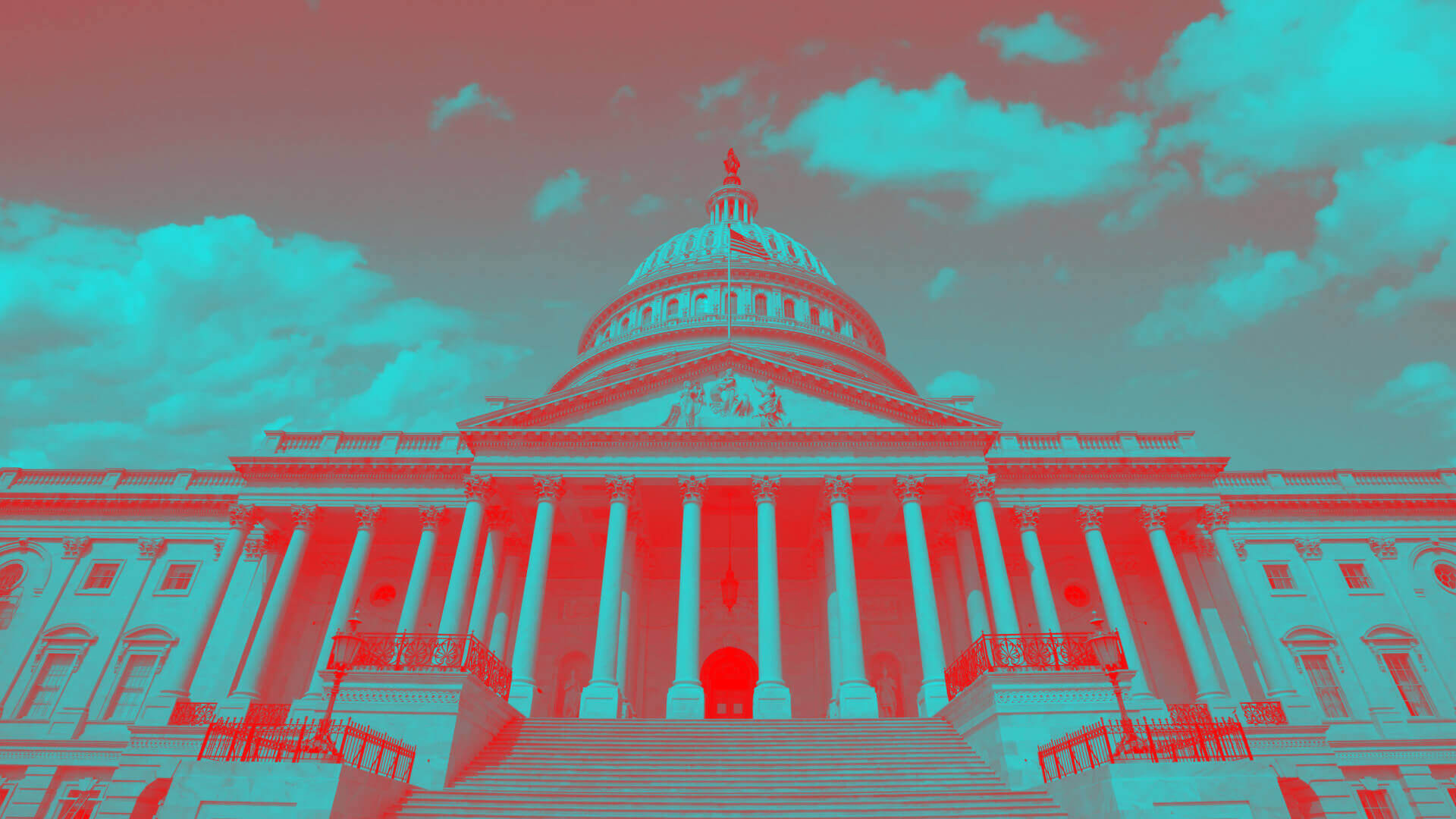What just happened? A report from the Office of the US Trade Representative reignites a trade conflict between the US and its allies, as it proposes a new set of sanctions levied at billions of dollars worth of goods imported from France. This could act as a roadblock in the OECD's broad effort to have 135 countries agree on how to tax multinational corporations and prevent them from shifting profits to tax havens.
The Trump Administration wants to impose a 100 percent tax on imports of French goods, including some that were spared from the 25 percent tariffs imposed over disputed EU aircraft subsidies. The move would affect around $2.4 billion worth of goods like wine, champagne, luxury handbags, and cosmetics.
According to a report from the Office of the US Trade Representative, officials allege that France's Digital Services Tax "discriminates against U.S. companies, is inconsistent with prevailing principles of international tax policy, and is unusually burdensome for affected U.S. companies."
The USTR mentions Google, Amazon, Facebook and Apple as prime examples of American tech companies that will have to deal with the retroactive nature of France's new tax legislation that will come into effect on January 1 2020 and targets multinationals that generate €750 million ($831 million) in gross revenue globally and €25 million ($27.7 million) in the country.
US officials reportedly asked France to refrain from adopting the new legislation and called for an open discussion on the matter. One of the main issues they saw with the final bill that was signed on July 24 was that the Digital Services Tax would apply a 3 percent levy on gross revenue from providing "digital interface" services and "targeted advertising" services, as calculated through a specific formula that involves French turnover and worldwide turnover of the affected companies.

These terms best describe Google, Apple, Facebook, and Amazon, which were collectively referred to as "GAFA" by French finance minister Bruno Le Maire, as well as members of the French parliament. The official announcement of DST also describes it as the "GAFA Tax" and explains that its purpose is mainly to "catch contributions of companies who get a significant part of their value from the participation of French located web users."
Senators Charles Grassley (Republican) and Ron Wyden (Democrat) said in a joint statement that the French DST is "unreasonable, protectionist, and discriminatory." However, French officials seem hell-bent on taxing big tech companies, at least until new rules will be set by the OECD that would prevent them from using low-tax locations to optimise worldwide profits.
The US trade agency says it will be seeking public comments through mid-January on the newly-proposed 100 percent tariff on French goods. There's no indication for when these new levies will come into effect, but the USTR report mentions plans to introduce similar measures against digital services taxes adopted in Austria, Turkey, and Italy.
US trade representative Robert Lighthizer noted the decision "sends a clear signal that the United States will take action against digital tax regimes that discriminate or otherwise impose undue burdens on U.S. companies."
French finance minister Bruno Le Maire said in a statement the new US tariff is "unacceptable" and could be met with a "strong response" from the EU. During an interview with Radio Classique, he explained "this is not the sort of behavior we expect from the United States toward one of its main allies, France, and toward Europe in general."
On a more positive note, OECD negotiations to reach a common ground on how to tax multinational corporations are said to be going well. The organization is seeking approval from the G20 countries by the end of January 2020, so that it can finalize the new rules before more countries decide to craft their own stop-gap measures.
